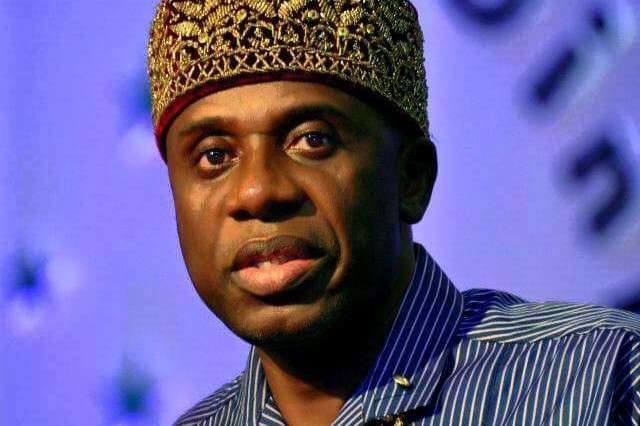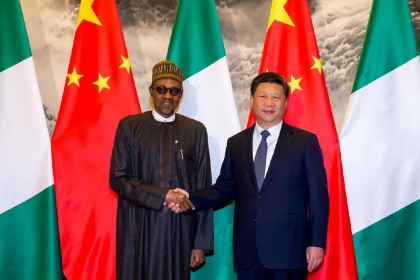The Federal Government yesterday said it had secured $1.5 billion from the China Exim Bank to begin work on the Lagos-Ibadan rail line project.
Minister of Transport Rotimi Amaechi said this when he appeared before the Senate Committee on Land Transport, chaired by Gbenga Ashafa, to give a status report of the 2016 budget and also present the 2017 budget.
Amaechi said the foundation of the Lagos-Ibadan Segment Two of the Lagos- Kano rail project would be laid before March 31.
He said the target of the Federal Government is to begin work from Apapa sea port to Ogun and then to Ibadan.
Amaechi said: “In the first quarter of 2017, the foundation of the Lagos-Ibadan Segment Two of the Lagos- Kano rail project will be laid.
“The implication here is that we will start the Lagos-Ibadan rail line before March 31.
“Our target is to begin from Apapa sea port down to Ogun and then to Ibadan.
“The counterpart fund is ready but don’t forget that we are borrowing from China. The China Exim Bank is processing it.
“Our 15 per cent is ready. The bank has released $1.5 billion.
“It is also envisaged that Segment Three of the Lagos –Kano rail project, which is Kano-Kaduna stretch, as well as the first phase of the coastal railway line (Lagos-Calabar) beginning from Calabar to Port Harcourt with extension to Onne Deep sea port will begin after the conclusion of the negotiation of a financing loan agreement.”
He called on the National Assembly to approve the government’s plan to borrow $30 billion.
The minister said the money to finance some of the rail projects are contained in the $30 billion loan request the government is seeking the National Assembly’s approval for.
According to him, Nigeria cannot sign any loan agreement with China on rail projects without the approval of the National Assembly.
Amaechi said all rail projectsnot completed in last year’s budget have been included in the 2017 budget.
“All these ongoing rail projects not completed last year have been reintroduced into the 2017 budget.
“The ministry is in the process of procuring additional locomotives and coaches to meet the rising demand of passenger traffic of the Abuja (Idu)-Kaduna (Rigasa) rail line,” he added.
Ashafa said the committee would work with the minister to consolidate on the achievements and performances recorded last year.

